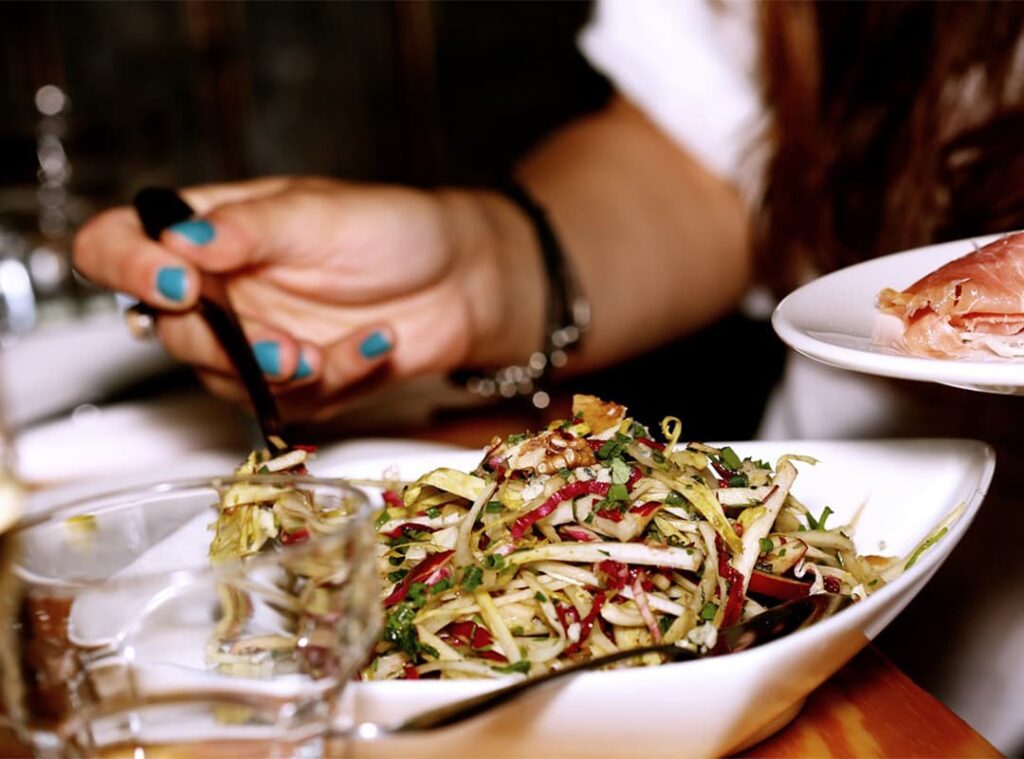In the vibrant culinary landscape of Massachusetts, restaurants are increasingly focusing on building strong relationships with local producers. This trend reflects a growing commitment to sustainability, quality, and community support. By partnering with local farmers, fishermen, and artisans, Massachusetts restaurants not only enhance the freshness of their ingredients but also contribute to the local economy. Let’s explore how restaurants in Massachusetts connect with local producers and how this collaboration shapes the dining experience, including a look at how these practices extend into specific areas like the Italian District Boston.
1. Building Strong Relationships with Local Farmers
Many Massachusetts restaurants prioritize sourcing ingredients from local farms. By establishing relationships with nearby farmers, chefs gain access to fresh, seasonal produce that can elevate their dishes. These partnerships often involve regular communication to understand what’s in season and to discuss specific needs. Restaurants may visit farms to better appreciate the quality and variety of ingredients available, which allows them to create menus that highlight the best of local agriculture.
Highlight: In Boston’s Italian District, local restaurants often feature ingredients from nearby farms, enhancing traditional Italian dishes with fresh, locally-sourced produce. This not only supports local agriculture but also provides diners with a taste of regional authenticity.
2. Partnering with Local Fishermen and Seafood Suppliers
Massachusetts, with its extensive coastline, boasts a thriving seafood industry. Restaurants that focus on seafood often collaborate with local fishermen and seafood suppliers to ensure they offer the freshest catches. These partnerships are crucial for maintaining the quality of seafood dishes and supporting sustainable fishing practices.
Highlight: In areas like the Italian District of Boston, seafood restaurants often source their ingredients from local markets and fisheries. This commitment to local sourcing helps preserve traditional seafood dishes while supporting local fishing communities.
3. Collaborating with Artisanal Producers
In addition to farmers and fishermen, many Massachusetts restaurants partner with artisanal producers who create specialty products such as cheese, charcuterie, and baked goods. These collaborations allow restaurants to offer unique, high-quality ingredients that enhance their menus and provide diners with an exceptional culinary experience.
Highlight: Restaurants in the Italian District of Boston frequently use artisanal cheeses and cured meats from local producers, enriching their Italian menus with authentic, locally-crafted ingredients.
4. Emphasizing Sustainability and Environmental Responsibility
Sustainability is a key focus for many Massachusetts restaurants working with local producers. By choosing to source locally, restaurants reduce their carbon footprint associated with transportation and packaging. They also often engage in practices that support environmental conservation, such as using organic farming methods and reducing food waste.
Highlight: The Italian District in Boston reflects these sustainable practices, with restaurants often highlighting their commitment to eco-friendly sourcing and waste reduction. This focus on sustainability aligns with the broader trend of environmental responsibility in the food industry.
5. Supporting the Local Economy
When restaurants purchase from local producers, they contribute directly to the local economy. This support helps maintain local businesses and creates jobs within the community. Additionally, it fosters a sense of connection between diners and the origins of their food.
Highlight: In Boston’s Italian District, the support of local farmers, fishermen, and artisans strengthens the local economy and helps preserve the neighborhood’s culinary heritage. Restaurants that prioritize local sourcing also become integral parts of the community, building stronger ties with their patrons.
6. Enhancing the Dining Experience
Restaurants that work with local producers often create menus that change with the seasons, offering diners dishes made from the freshest available ingredients. This not only enhances the quality of the food but also provides a unique dining experience that reflects the local terroir.
Highlight: In the Italian District of Boston, the seasonality of local ingredients allows restaurants to offer dishes that celebrate the flavors of the region. This approach not only highlights the versatility of local produce but also adds a layer of authenticity to the dining experience.
The connection between Massachusetts restaurants and local producers plays a crucial role in enhancing the culinary landscape of the state. By sourcing ingredients from nearby farms, fisheries, and artisanal producers, restaurants not only ensure the quality and freshness of their offerings but also support sustainable practices and the local economy. In specific areas like the Italian District of Boston, this commitment to local sourcing enriches traditional dishes and fosters a deeper connection between diners and their food. As this trend continues to grow, it promises to further elevate the dining experience across Massachusetts, celebrating the best of local agriculture, seafood, and artisanal craftsmanship.
